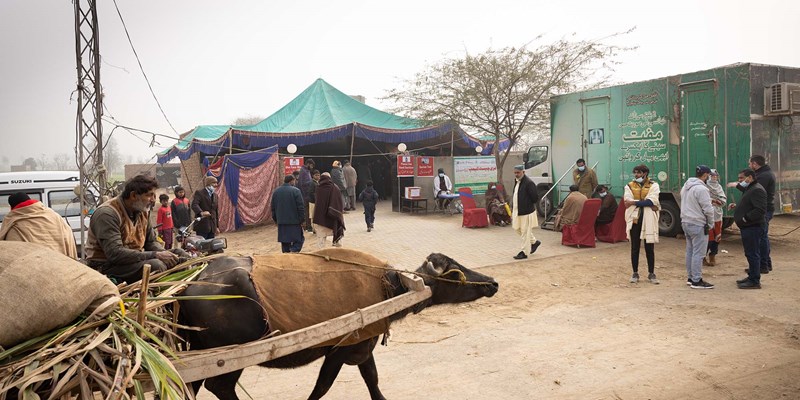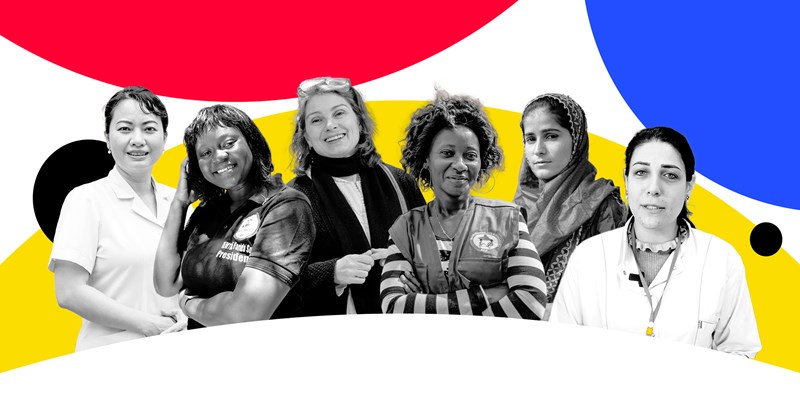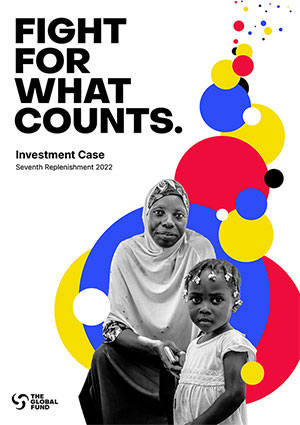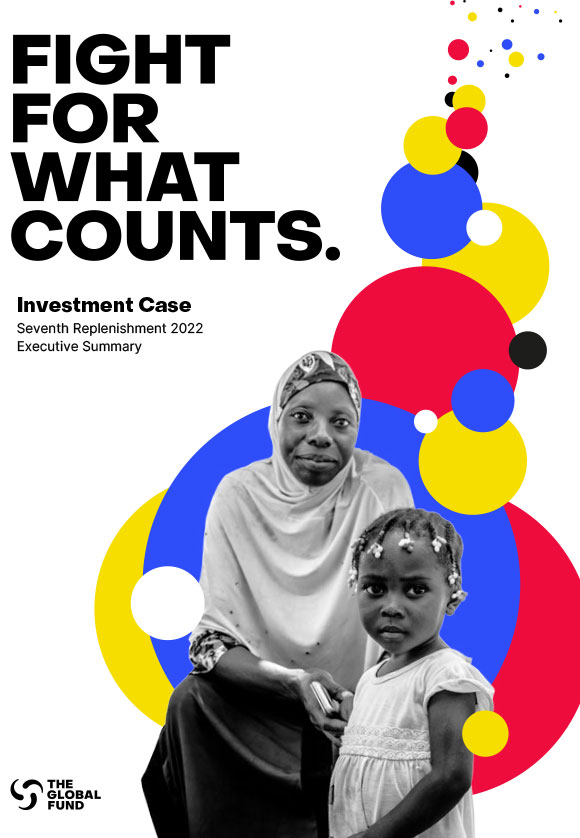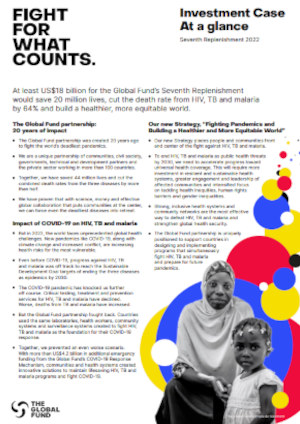A New Framework for Development
09 January 2014
GENEVA - Mark Dybul, Executive Director of the Global Fund, and Julio Frenk, Dean of the Harvard School of Public Health, said it was time for emerging powers to become fully engaged in the global health dialogue to reflect a new era of partnership based on the principles of shared responsibility and mutual accountability.
In an op-ed piece published in the Huffington Post, Dr. Dybul and Dr. Frenk called for a new development framework between rich countries and poor so that emerging powers can use their rising economic and political clout, as well as experience and technical knowledge, to effect a positive impact on global development.
“Emerging powers are well positioned to have an enormous impact on the regions in which they reside as well as on the global stage,” Dr. Dybul and Dr. Frenk wrote. “They should maximize this impact in positive and mutually beneficial ways, helping to lead and support strategies for global and regional growth.”
In 2003, global leaders adopted the Monterrey Consensus – a milestone in the evolution of development and international affairs. With the Millennium Development Goals approaching their due date in 2015, the authors said it was now time for “a new Monterrey Consensus to define the principles and framework for the engagement of emerging powers in development.”
Dr. Dybul and Dr. Frenk said the development community should think about how its models and institutions must evolve to embrace and promote the emerging powers’ potential for effecting positive impact regionally and globally.
Instead of simply adapting to existing models of development, emerging powers might generate their own models, which the rest of the world should welcome and support, the authors said. In this sense, Dr. Dybul and Dr. Frenk said it would better fit the underlying development framework to co-invest with current partners supporting national strategies “rather than further complicating an already messy array of organizations countries must work with.”
“It is important that emerging powers not fall into the errors of the past, creating new forms of paternalism or neo-colonialism,” they said.
Dr. Dybul and Dr. Frenk said that emerging powers, which have benefited from multilateral resources over the past decades, should now consider “expanding their investments through such organizations to become fully engaged in the global dialogue and in the investment approaches.”
The principles of this new development framework, according to the authors, could include: reaffirmation of the principles of shared responsibility and mutual accountability; a commitment to participate in the planning and funding priorities of low- and middle-income countries rather than create parallel engagement; focusing investments globally or in regions or countries as co-investors with other development partners under national strategies; technical exchange; and increasing participation as a funder of multilateral organizations that recognize the importance of the emerging powers in their governance structures.
“It is only with the full participation and leadership of these countries that we can achieve a harmonious, sustainable world in the post-MDG era,” they wrote.

